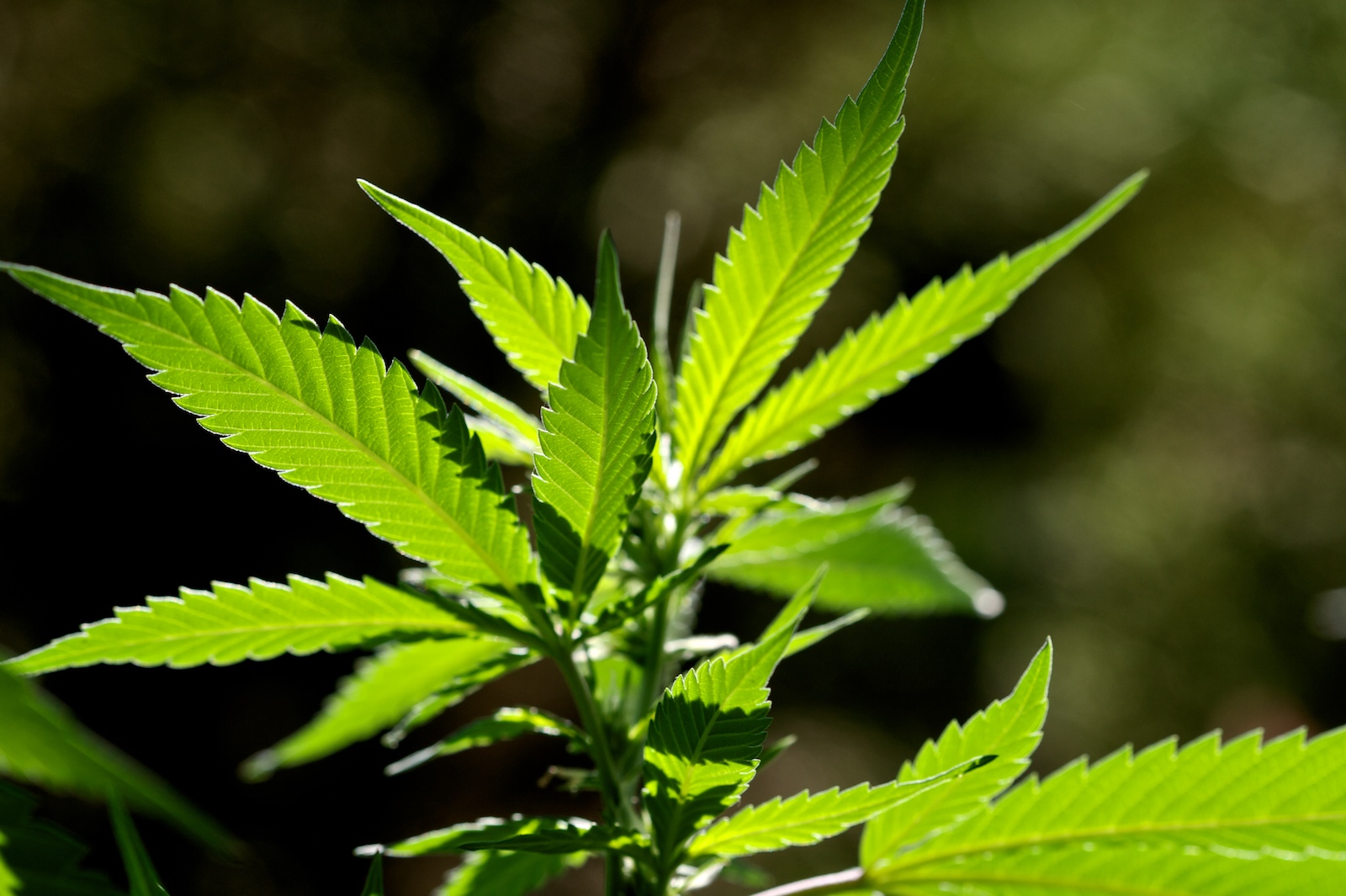The Local newsletter is your free, daily guide to life in Colorado. For locals, by locals.
In a report published in March by the journal of Clinical Practice and Cases in Emergency Medicine, two Colorado doctors claim that the death of an 11-month-old male in 2015 may be related to cannabis exposure. Doctors Thomas Nappe and Christopher Hoyte, who had worked to save the child’s life at the Rocky Mountain Poison and Drug Center, wrote in a case report that “this is the first reported pediatric death associated with cannabis exposure.” The child, who was diagnosed post-mortem with myocarditis (inflammation of the heart muscle), likely ingested marijuana and was found to have high concentrations of THC in his blood and urine, according to the report.
Hoyte, who spoke publicly for the first time on Wednesday with 9News, says that they “looked and looked” for other causes of death, “but couldn’t find anything.” While he says he can never be 100 percent certain in a case like this, “We tested a lot of things…but we extensively ruled out almost every other cause that we could think of.” If these doctors are correct, it could be considered the first documented death resulting from cannabis overdose. However, their assertion rests on the fact that they didn’t find an alternative cause of death; they could not, in fact, prove that cannabis caused the myocarditis which killed the child.

Because they did not find definitive proof, Noah Kaufmann, an emergency room doctor in Fort Collins, argues that calling this a cannabis-related fatality is “too bold.” Kaufmann reviewed the case and spoke with 5280 Thursday morning. “It’s overreaching to say they ruled out [almost] everything,” he says. “It’s irresponsible to be alarmist. It’s entirely possible that it’s related to marijuana, but it’s very unlikely. I disagree with [Hoyte’s and Nappe’s] level of confidence.”
In particular, Kaufmann argues that Hoyte and Nappe are trying to prove causation when in reality they can only show correlation. “You can’t make a relationship like that,” Kaufmann says. “It’s like saying ‘there are 100 red cars on this block and there are twice as many heart attacks on this block, so red cars cause heart attacks.’ It could be the pollution in the air, it could be the plants, it could be a gazillion different things.”
And because there are so many variables, Kaufmann says there is no way Hoyte and Nappe ruled out all other causes of death. “There are thousands of other things that cause myocarditis,” he says. “What if there was an undetectable virus? There are thousands of viruses that we don’t even test for. Say they ruled out 1,000 things. Well, there are still at least 10,000 other things. They haven’t ruled out the majority; you just can’t. ”
Kelli Christensen, a spokeswoman for Denver Health Medical Center (Rocky Mountain Poison and Drug Center is a division of Denver Health), clarified Hoyte and Nappe’s position in an email to 5280 on Thursday. “The elements of the 9News story were slightly misleading,” she wrote. “The authors propose a relationship that requires more research, not that marijuana is the definitive cause of the death of this baby.” Christensen points to the discussion section of the case report in which Hoyte and Nappe “propose a relationship between cannabis exposure in this patient and myocarditis.”








